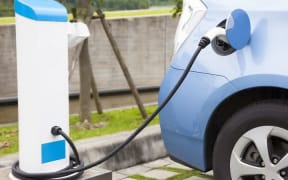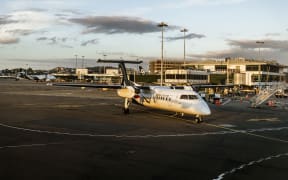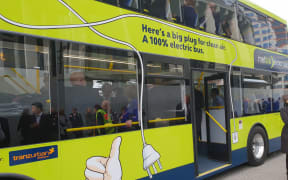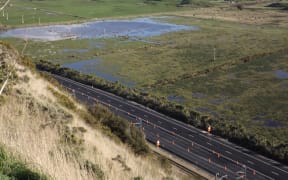Greater Wellington Regional Council is asking the public for feedback on plans to improve the region's public transport network.
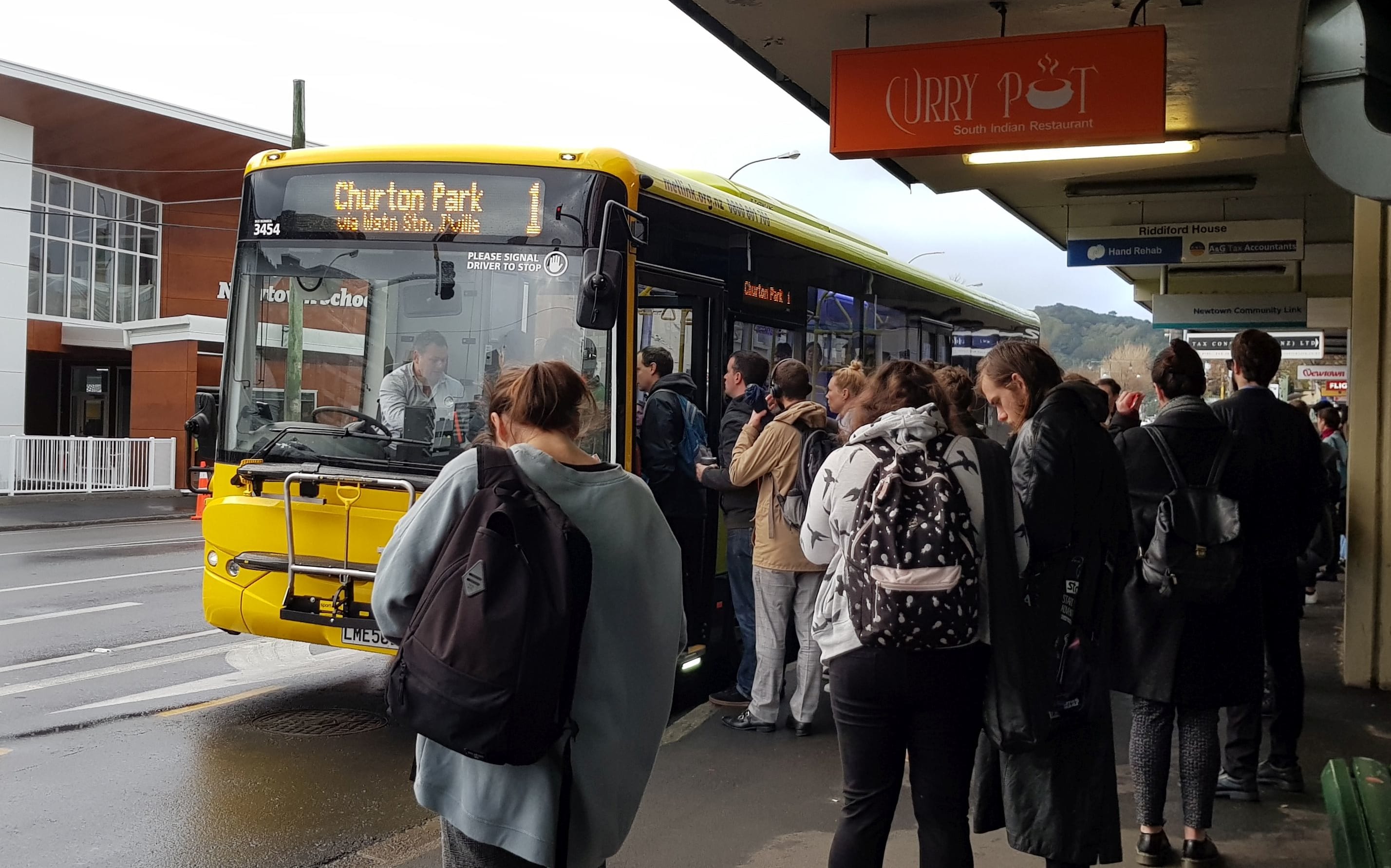
People have until 19 March to give responses to Wellington's Regional Public Transport Plan. Photo: RNZ / Emma Hatton
Consultation on the Regional Public Transport Plan is open, which looks to drive de-carbonisation of vehicles, improve road safety, and increase patronage.
The council has set targets for itself to measure if they are succeeding or not.
The targets are:
- Cutting emissions by a third (from 1.2 million tonnes of CO2 emissions in 2018, down to 0.83 million tonnes of CO2 emission by 2030)
- Reducing the number of road deaths by 40 percent (from 186 deaths and serious injuries on the roads in 2019, down to 122 by 2030)
- Increasing number of people using active transport or public transport by 40 percent (from 28 percent of all trips were made by public transport / active travel in 2018, to 39 percent by 2030)
"Our first point of call is to actively reduce public transport emissions by accelerating the decarbonisation of our region's bus fleet and pursuing additional electrification opportunities across both rail and ferry," said the council's transport committee chair, Roger Blakeley.
"This will include aiming to have over 100 electric buses by 2023, with a clear target to have all core bus services electric by 2030.
"To support our communities to make sustainable and active choices, we're advocating for a high quality, high capacity and high frequency core network."
The plan provides an outline on where the council will prioritise investment.
Building capacity and reliability into the region's rail network is the first priority, which would be brought about through upgrading existing infrastructure and progressing Let's Get Wellington Moving.
Meanwhile, making walking, cycling and public transport an attractive option is the second priority, achieved through investing in active transport infrastructure, and decarbonising public transport fleet.
The plan does not guarantee funding nor implementation of a project or activity. Instead, it is a statement of priorities, and indicates which activities should be included.
Public engagement is now open until 19 March.
